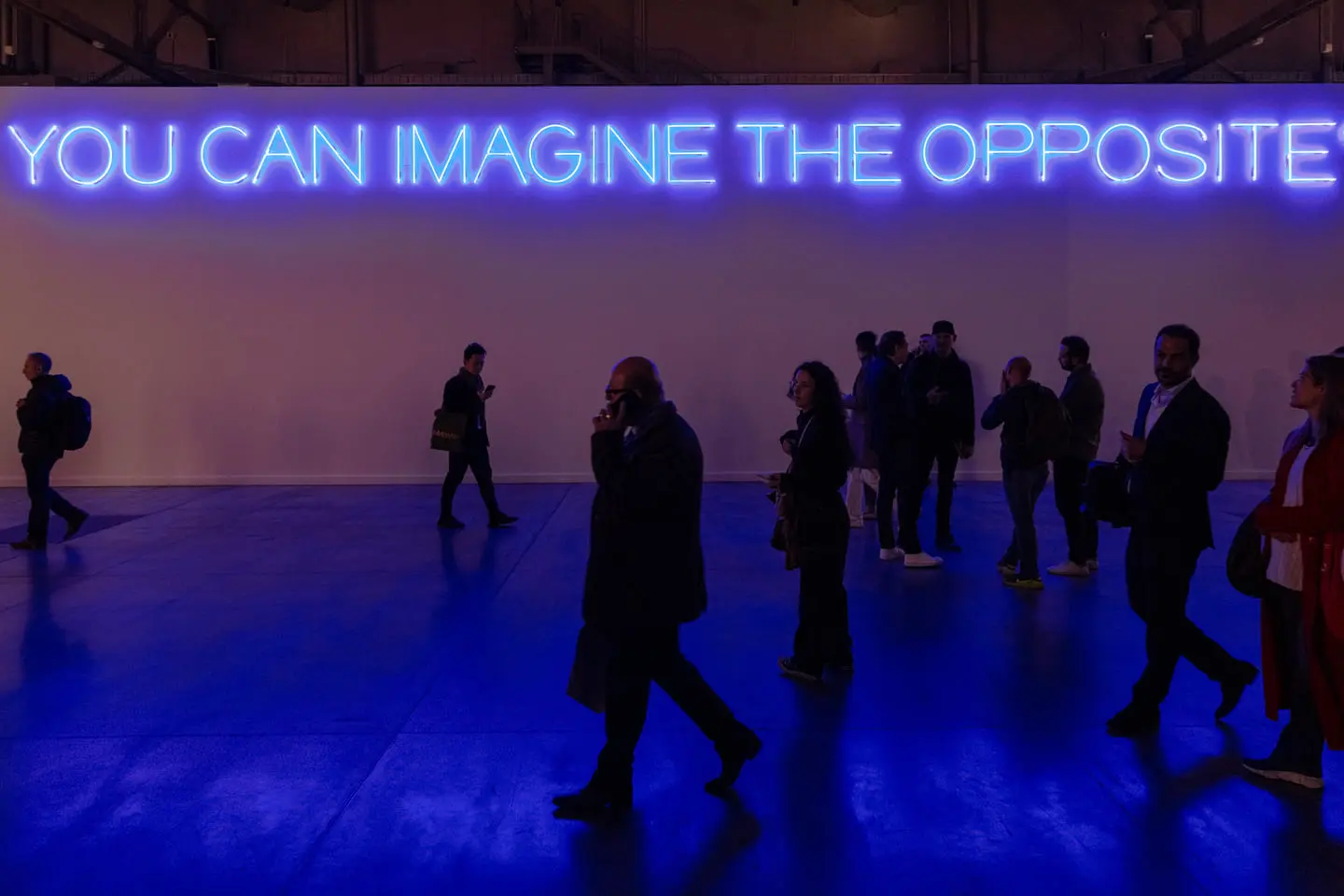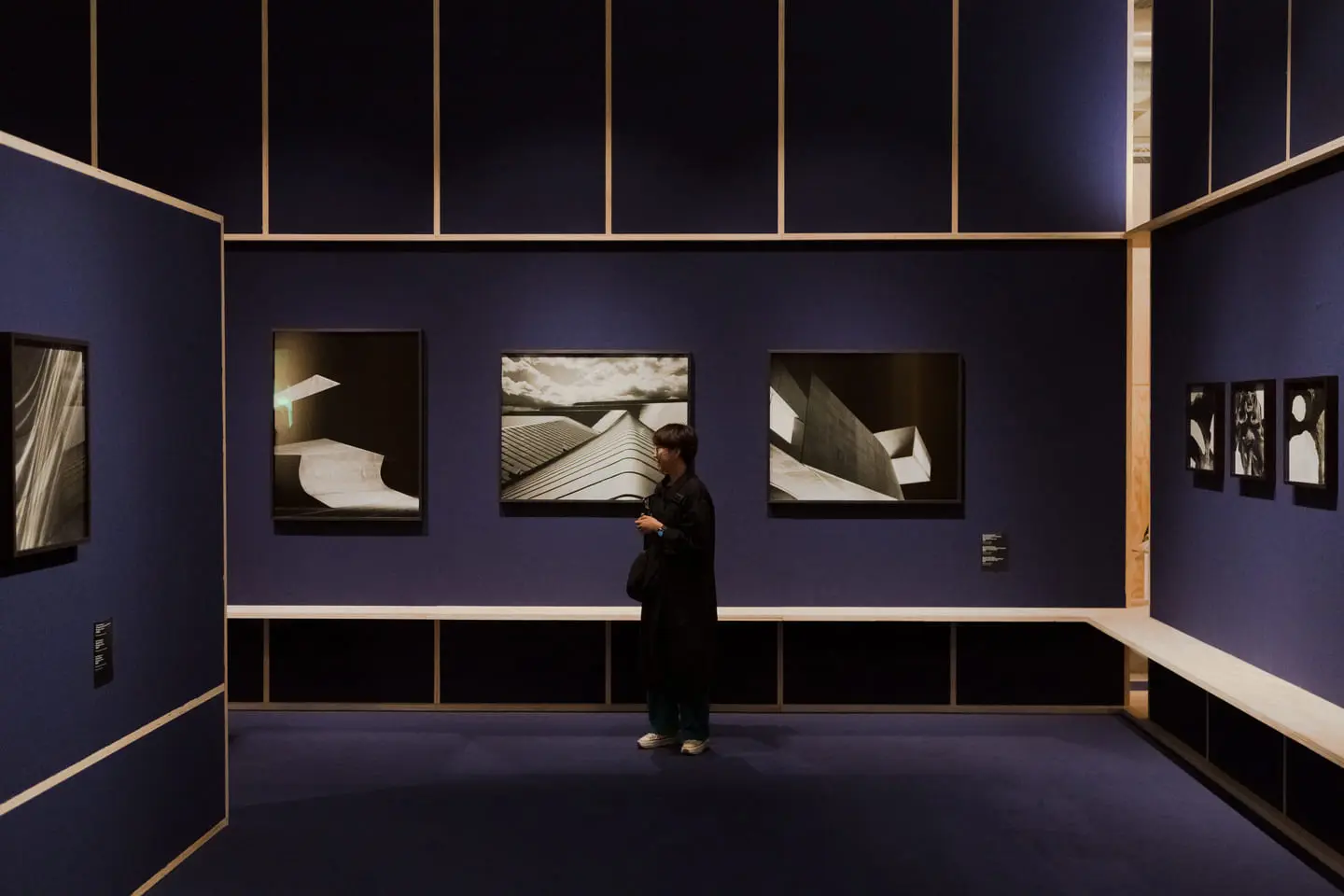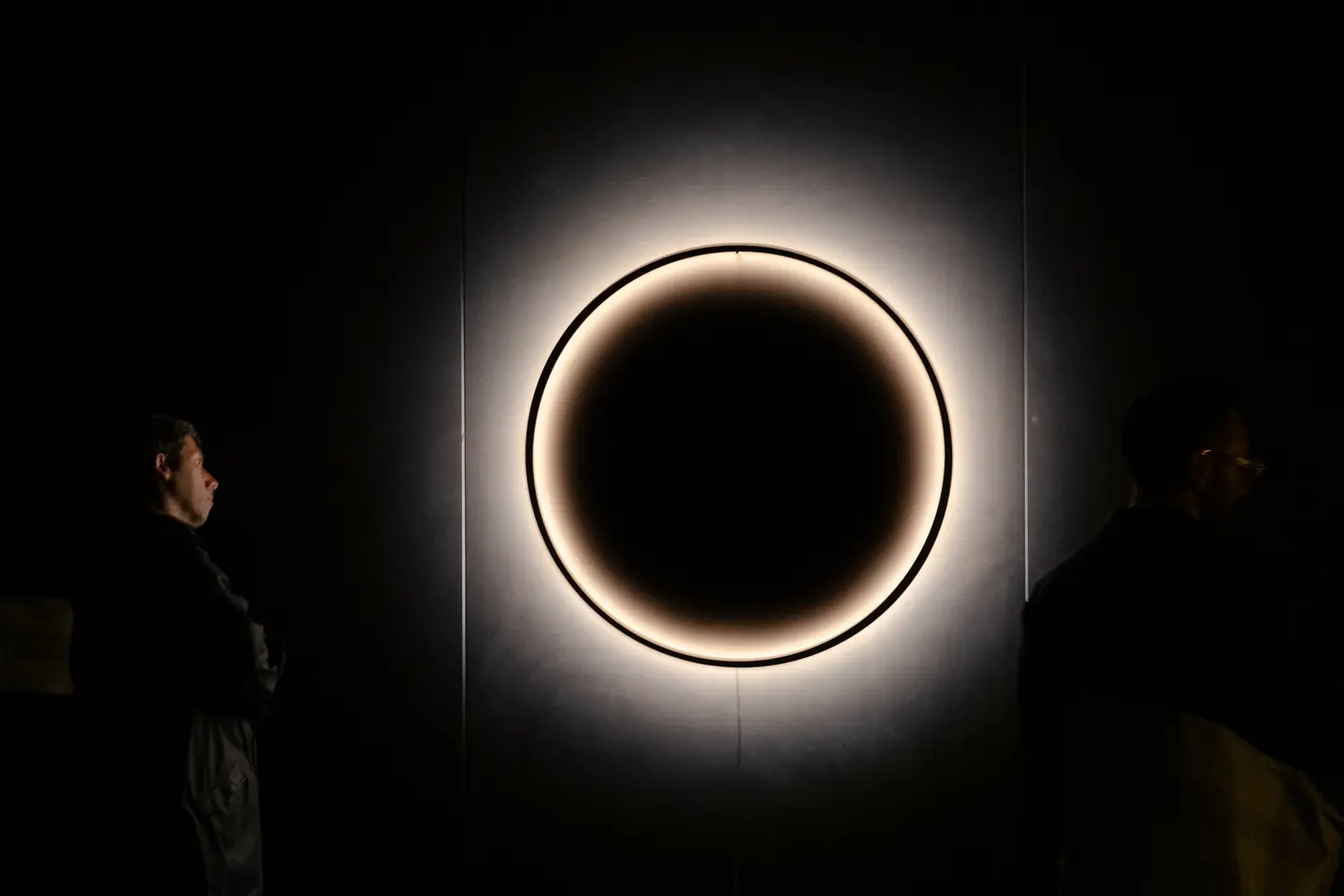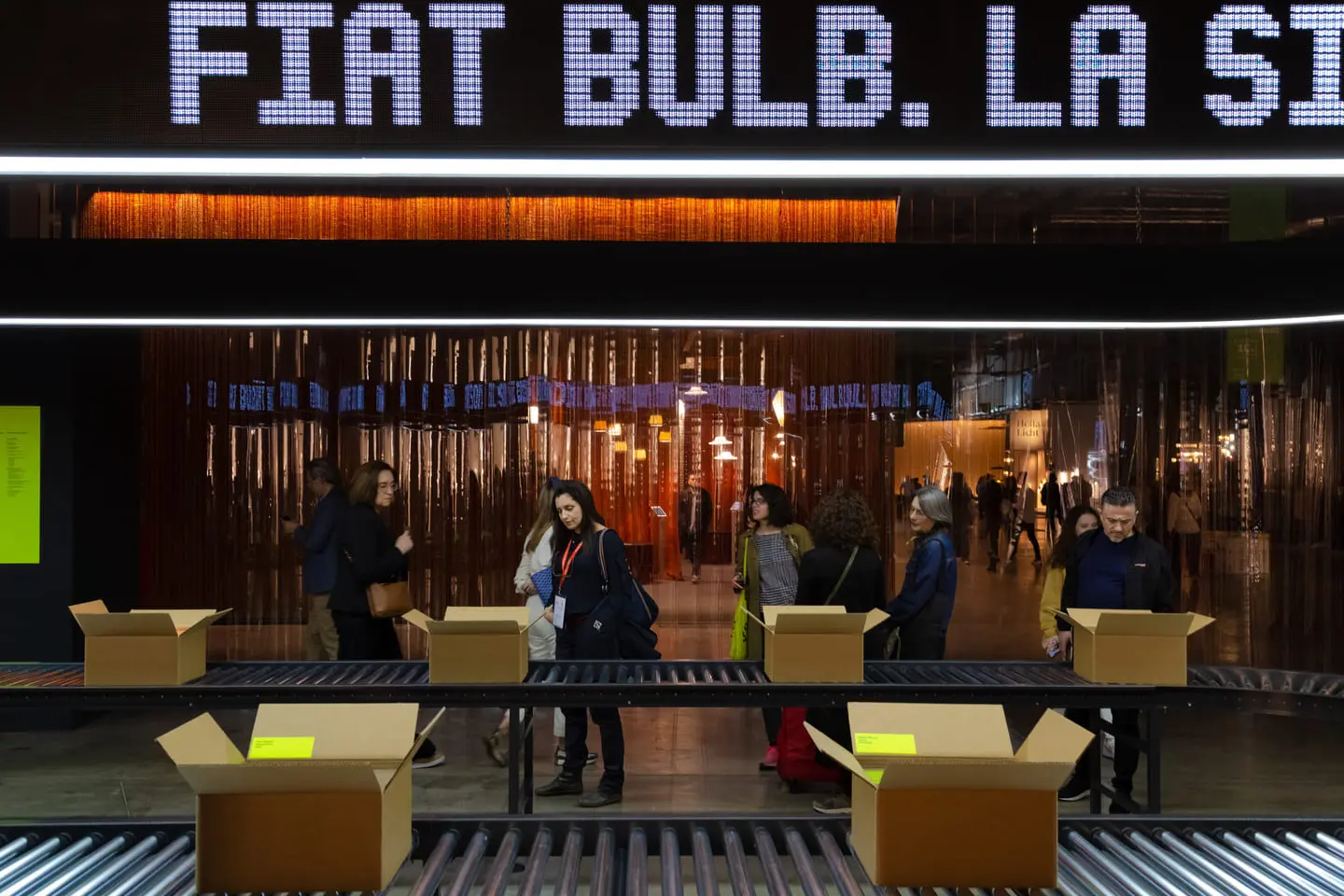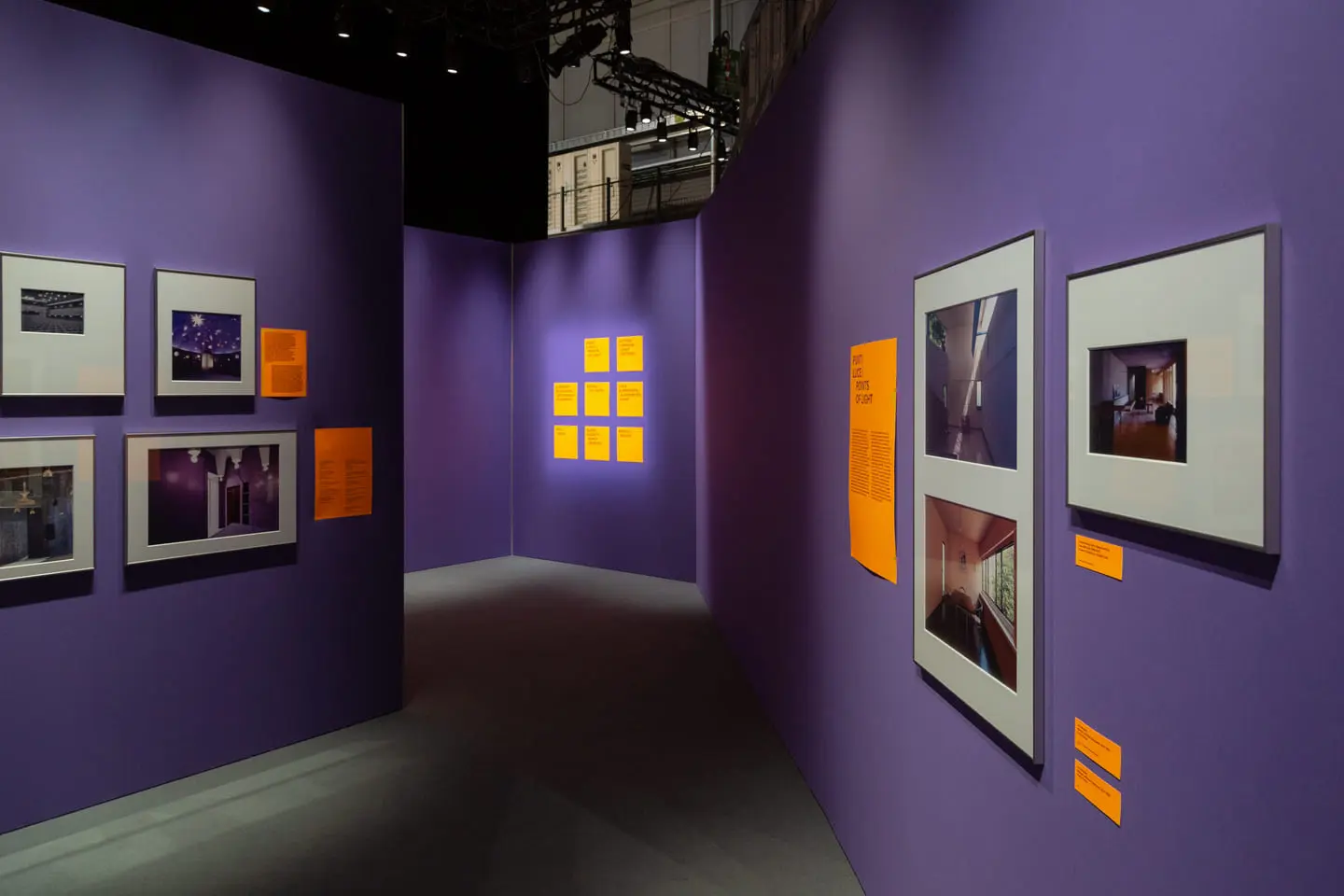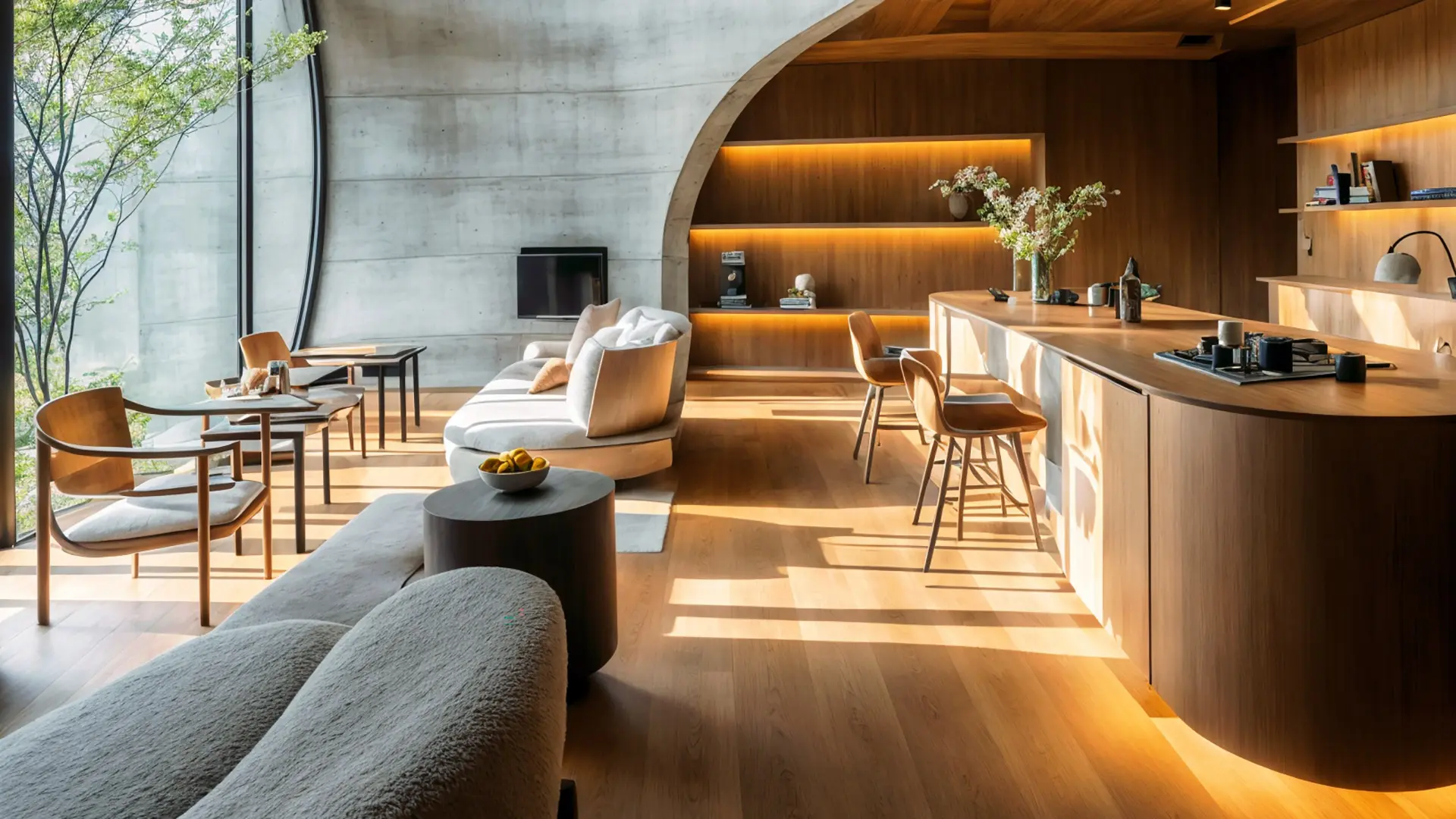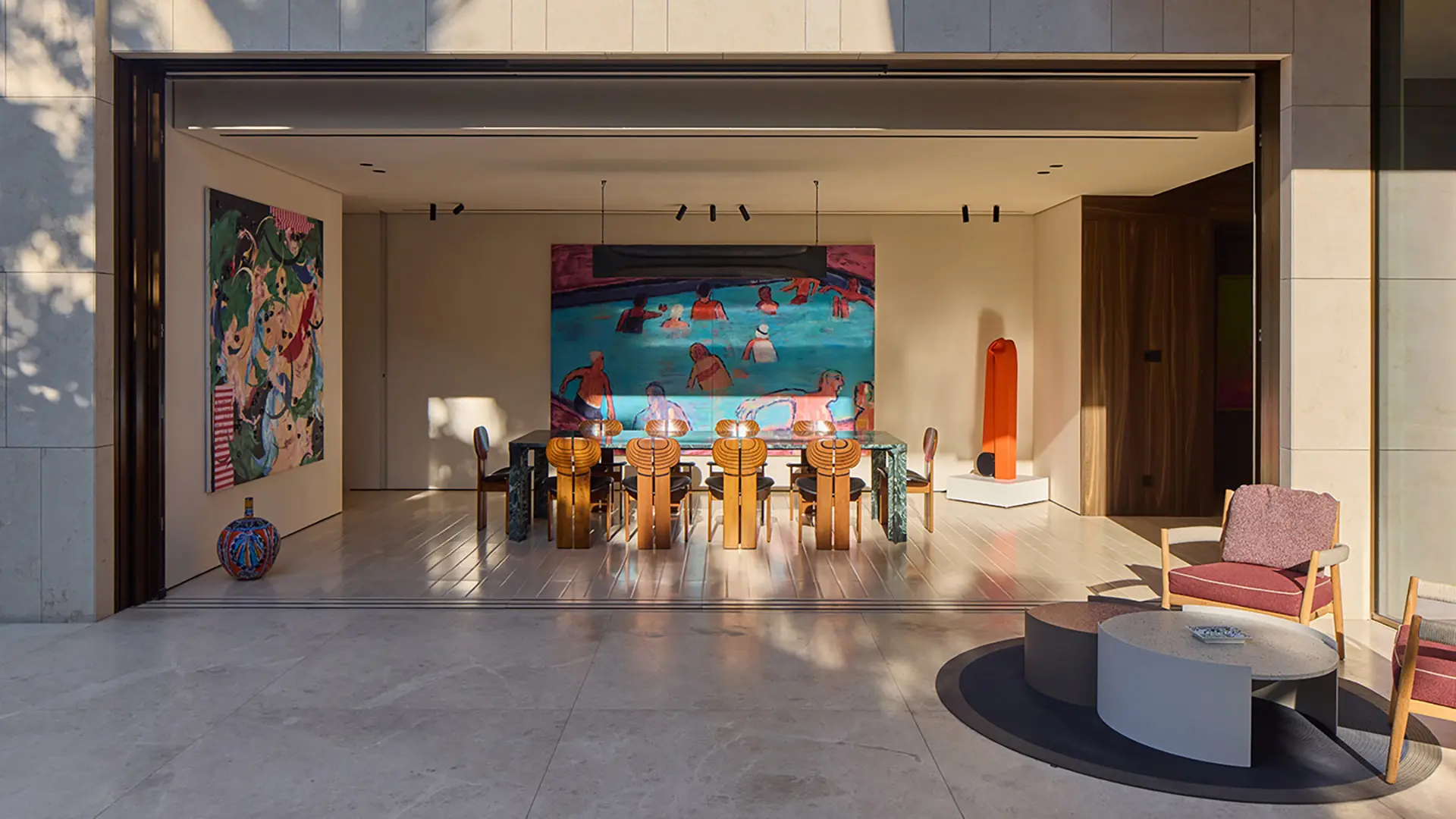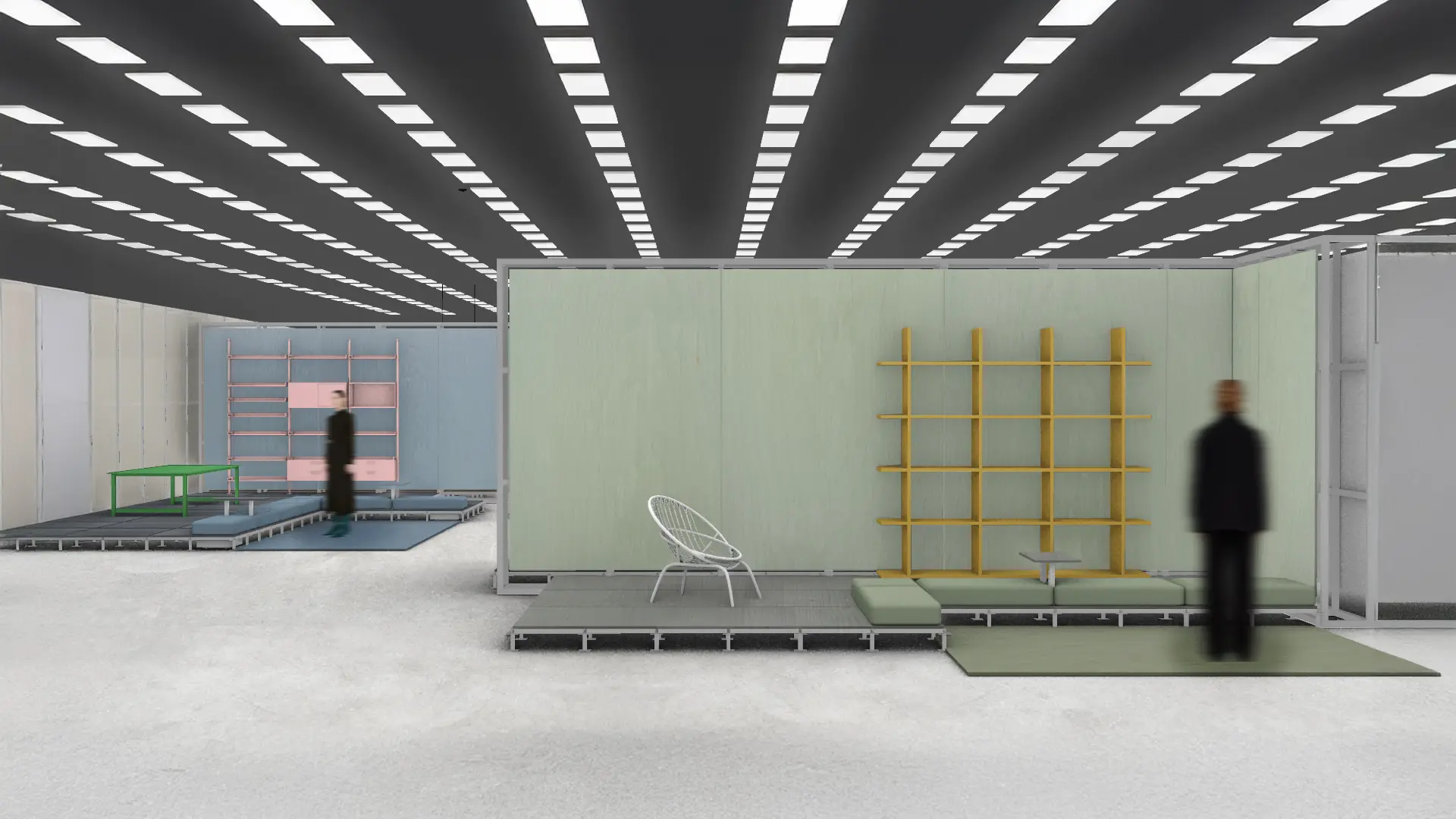Smart and sustainable purchases: how to make the most of the appliance bonus and how to apply. Requirements, amounts and limits to be aware of
Euroluce and The City of Lights: art, culture and design
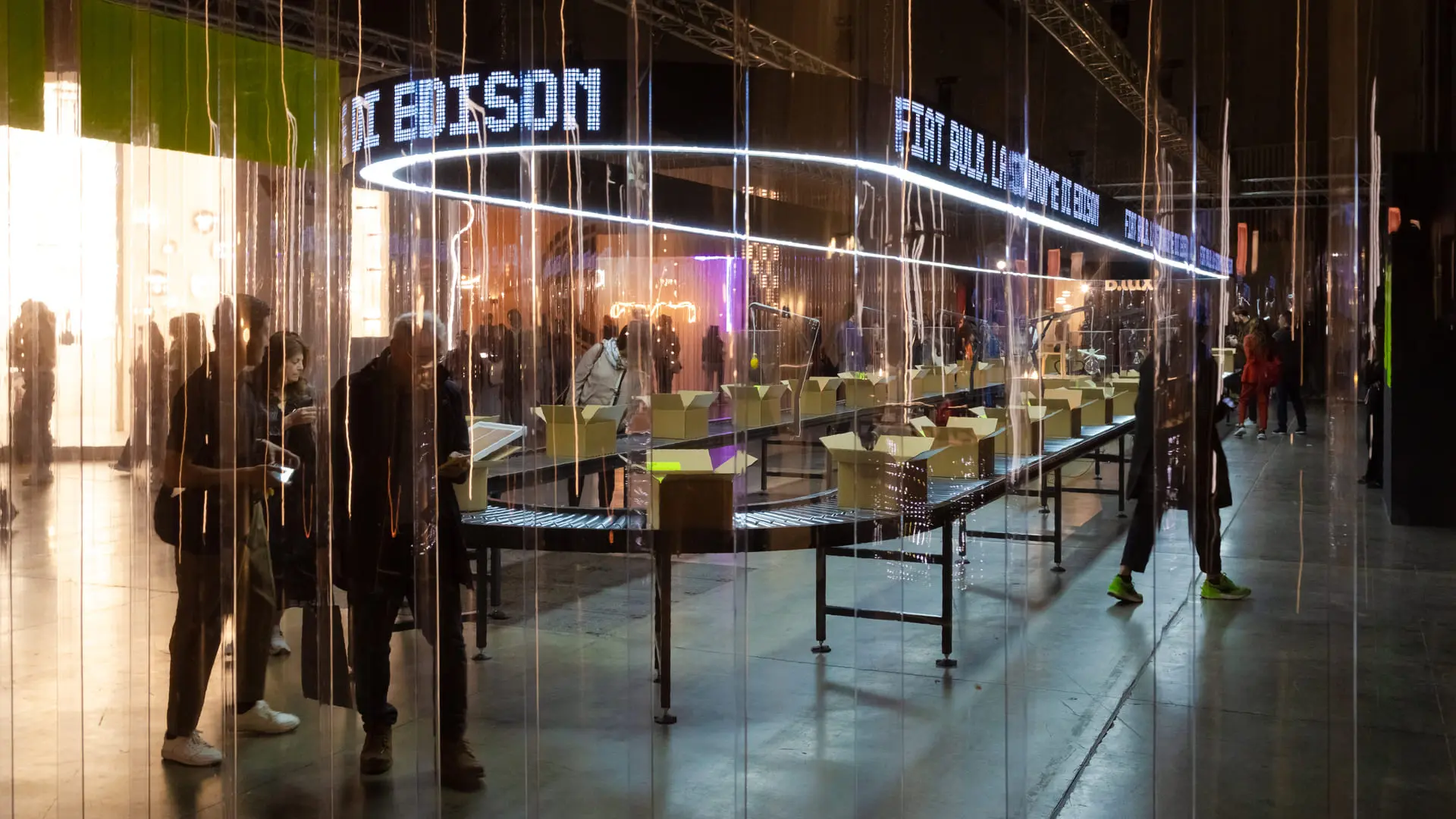
Fiat Bulb. The Edison Syndrome, ph. Francesco Merlini
In Euroluce’s pavilions, light is on show in all its expressions, with a wide range of exhibitions and installations curated by Beppe Finessi and the display designed by the Formafantasma studio
From architecture to design, from photography to art, with exhibitions, talks, workshops, site-specific installations. In addition to the product, at the Euroluce pavilions (9-11 and 1-15), light can be experienced and appreciated in all its expressions. The concept behind the international lighting biennial is The City of Lights. Designed by Beppe Finessi and designed by the Formafantasma studio, the spaces of the cultural program of this edition of the Salone del Mobile.Milano reveal a sensitive and multidisciplinary curatorial approach involving the illustrious names of artists who have explored the theme of light from a wide range of standpoints.
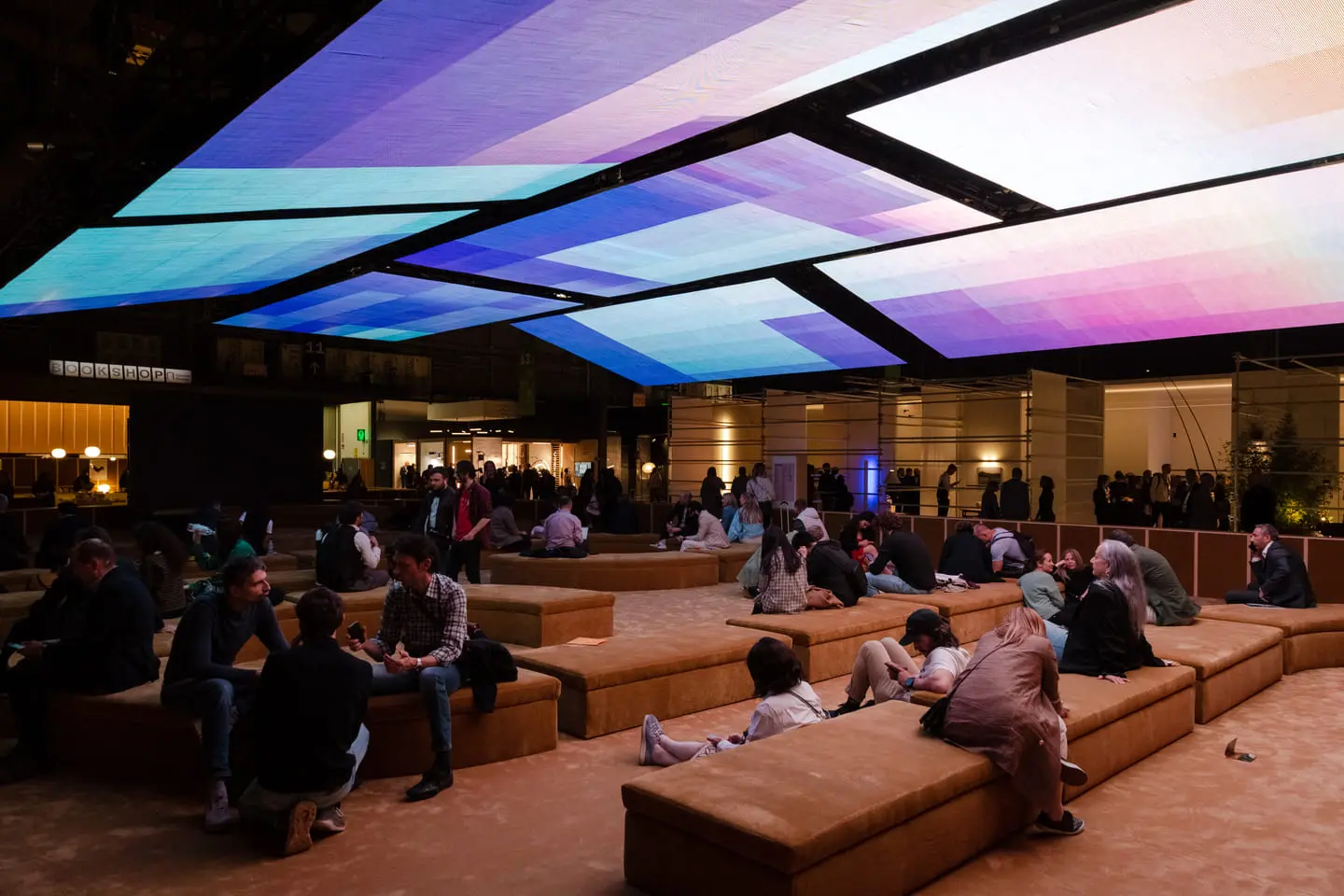
Aurore Arena, design Formafantasma, ph. Francesco Merlini
The pivot of these spaces is Aurore, a great piazza designed by Formafantasma that hosts various activities, then transformed into a meditative installation, with giant screens projecting images alluding to the different shades of light, captured in various areas all the way to bioluminescence in nature. Next to it there is the Corraini bookshop, a space for the sale, reading and consultation of books, where visitors can also find a selection of prints, artworks, limited edition volumes, as well as magazines, small art objects and graphic works.
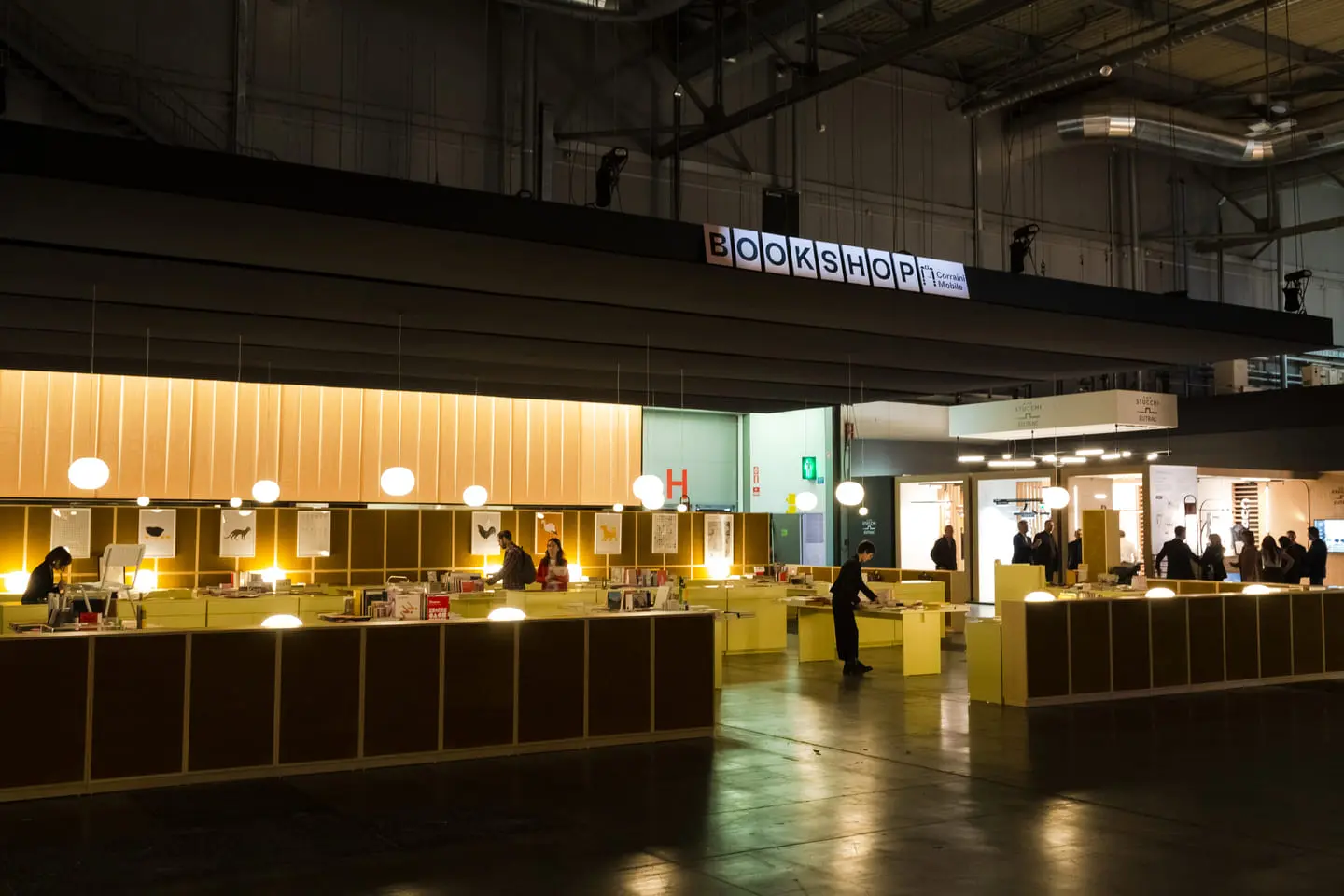
Bookshop, curated by Corraini, ph. Francesco Merlini
Within the cultural program there are four main exhibitions, entrusted to as many curators and exhibition designers, but through the whole exhibition itinerary of the Euroluce pavilions, there are also seven Constellations: architectural interludes that present drawings, photographs, paintings, video installations, individual works and families of objects. Each is enclosed in a lightweight, recognizable setting signed by Formafantasma, recyclable and reusable. Made from materials such as wood and paper, each space focuses on works and contents devoted to the theme of light by masters and great protagonists of the international scene, while also providing breakout spaces for visitors.
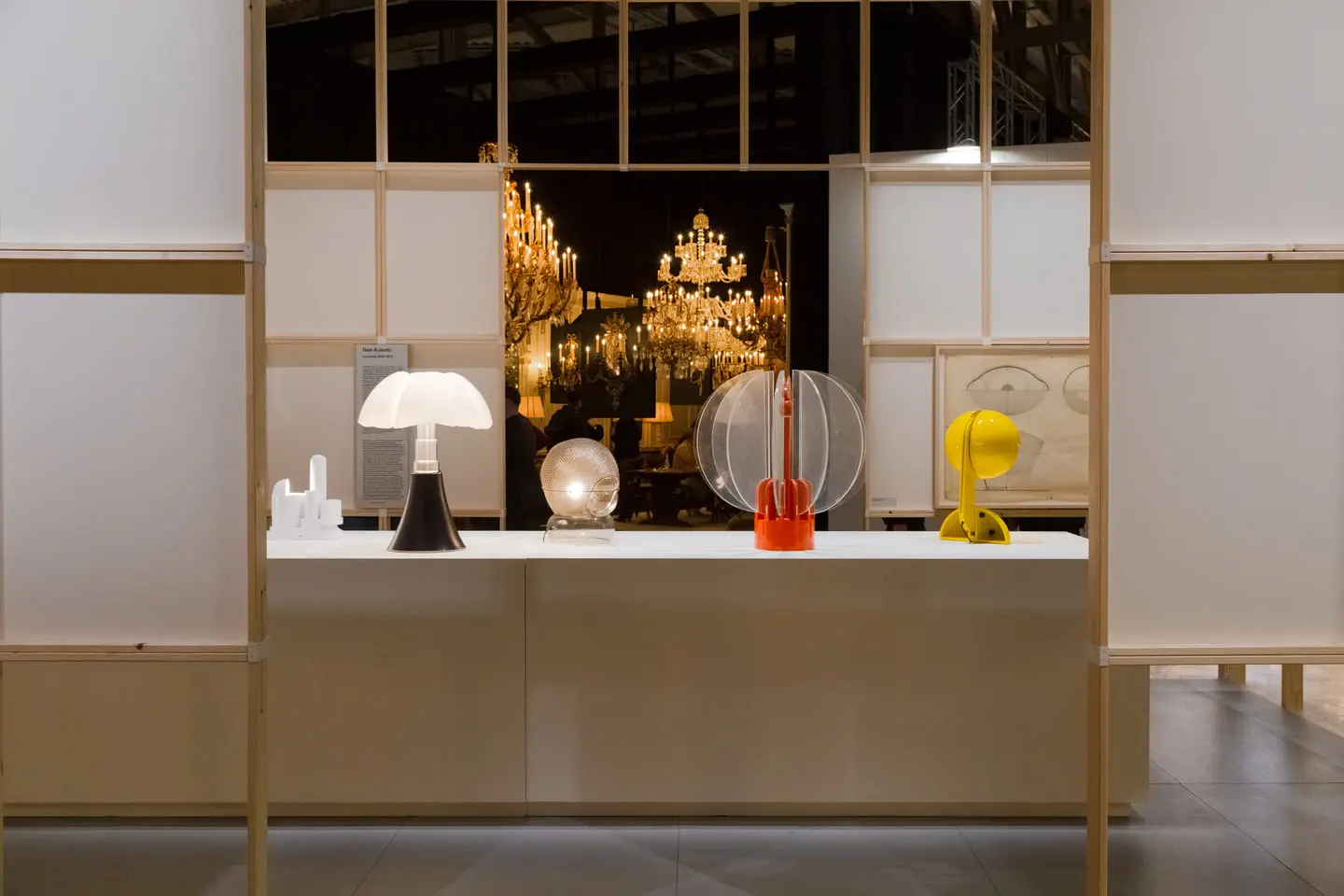
Costellazioni, Gae Aulenti, ph. Francesco Merlini
Among the Constellations we start from the one devoted to Gae Aulenti, with her figurative and experimental approach, and Umberto Riva: two seminal figures in Italian architecture who focused on the design typology of the lamp, from the famous Pipistrello to the magic of King Sun all the way to the E63 inspired by Constantin Brâncusi. On display are original sketches and drawings illustrating the proportions and measurements of objects that have entered the history of design. A fascinating exhibition focuses on Guido Guidi, one of the most famous names in contemporary photography, who in the last twenty years has photographed many works by Le Corbusier, Mies van der Rohe and Carlo Scarpa, decoding some of their masterpieces while waiting for the passing of the hours to see those spaces change as the light changes. The same procedure was used in the exhibited sequence of 16 photographs taken in Preganziol (Treviso) in 1983: an operation of measuring space-time through light.
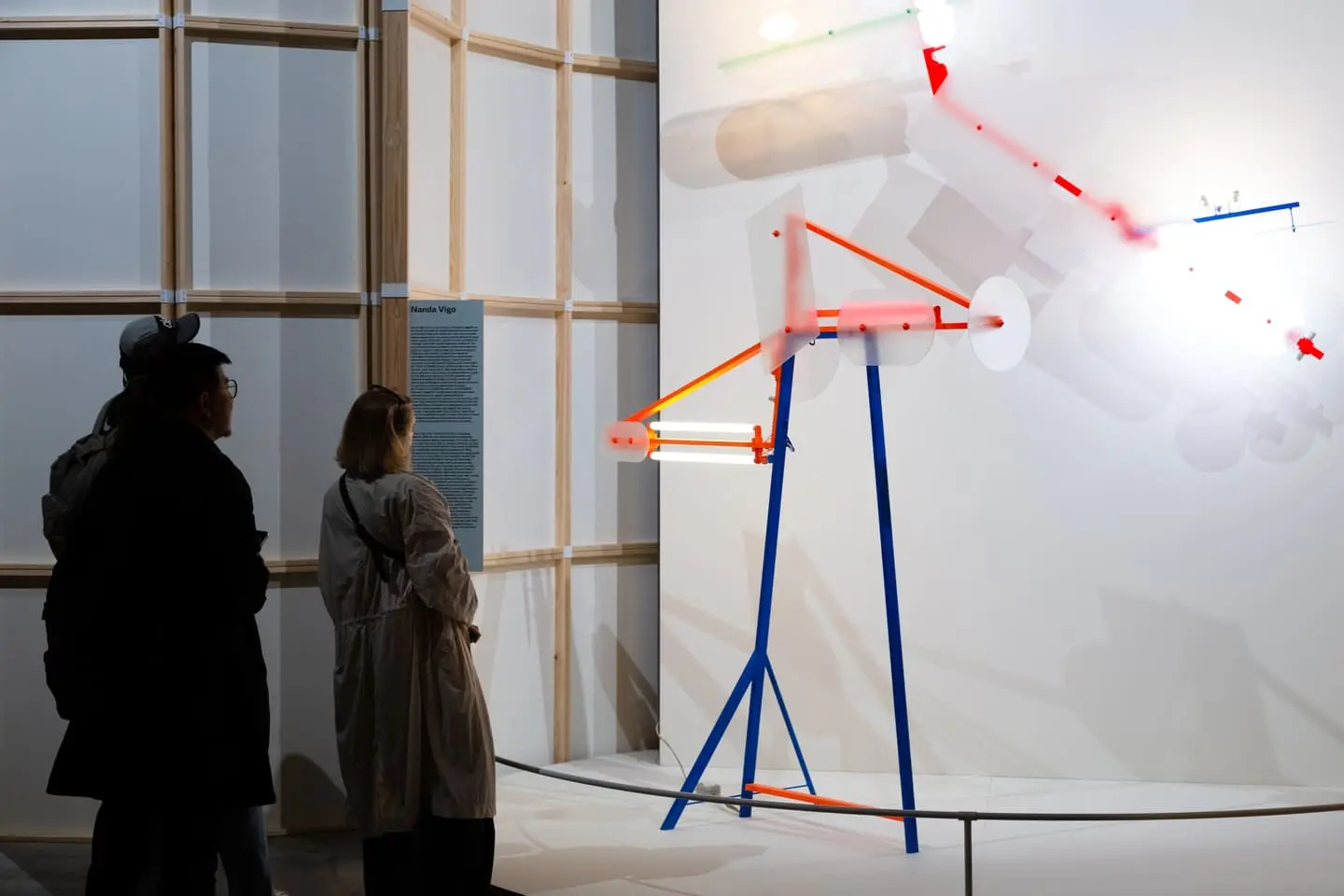
Costellazioni, Nanda Vigo, ph. Francesco Merlini
Also enclosed in the Constellations are the works of masters such as Aldo Mondino, with his Jugend Stilo of 1992, François Morellet and Keith Sonnier, as well as leading figures such as Monica Bonvicini, Andrea Bowers (unforgettable her Chandeliers of Interconnectedness), Mark Handforth and Sislej Xhafa. Also well worth seeing is the research by transversal authors such as Corrado Levi – an unmissable work is Edipo from Fabbrica Eos, 2003 – and Nanda Vigo with Light Trees, luminous trees dating from the 80s, as well as experimentalists such as Mathieu Mercier, Duccio Maria Gambi and Valentin Ruhry.


 Exhibitions
Exhibitions
